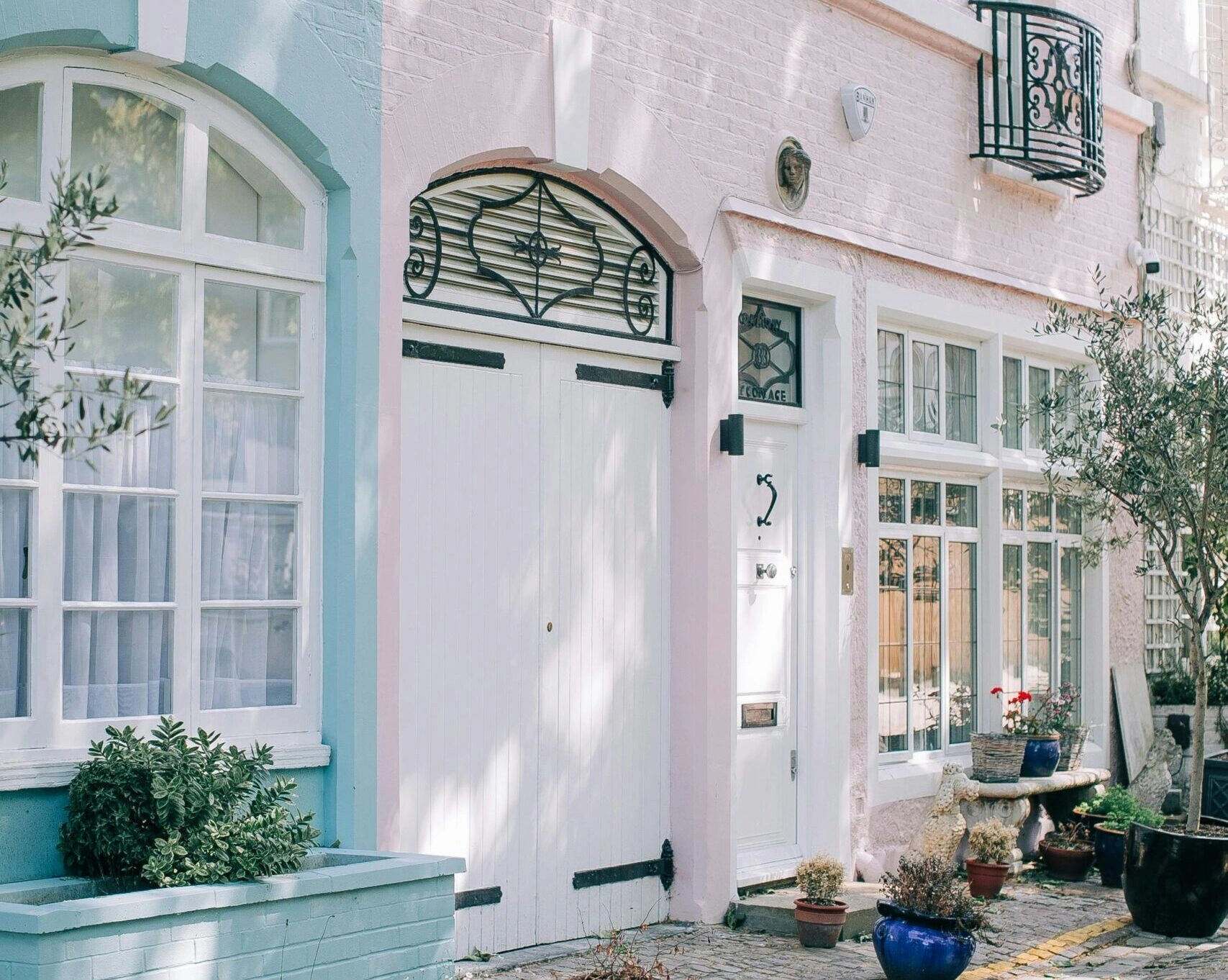
The London property market offers diverse opportunities, and for many property owners, the allure of short-term letting – renting out a property for days, weeks, or a few months at a time – seems particularly attractive. Platforms like Airbnb have made it easier than ever to connect with potential guests, promising higher potential yields compared to traditional long-term tenancies. However, navigating the regulations surrounding short-term lets in London can feel complex, and compliance is crucial to avoid significant penalties.
At Homesearch Properties, we understand the London market. We believe in offering clear, realistic advice, helping you make informed decisions whether you’re letting, selling, buying, or renting. This guide aims to shed light on the key regulations you need to be aware of when considering short-term lets in the capital.
The 90-Day Rule: The Cornerstone of London Short-Term Letting
The most significant piece of legislation governing short-term lets in Greater London is often referred to as the “90-day rule,” introduced by the Deregulation Act 2015. In essence, this rule states that you can let out an entire residential property on a short-term basis (where any single stay is less than 90 consecutive nights) for a cumulative total of no more than 90 nights within a single calendar year (1st January to 31st December).
This allowance applies provided the person letting the property is the one liable for paying the Council Tax. The intention behind this rule was to allow homeowners to earn extra income, perhaps while on holiday, without significantly impacting the availability of long-term housing stock for London residents. Importantly, many major booking platforms automatically track and enforce this 90-night limit unless you provide proof of permission to exceed it.
It’s worth noting that this 90-day restriction generally applies to the letting of whole properties. If you are only letting out a room within your own home while you are still residing there, the 90-day cap typically does not apply, although other considerations like Council Tax discounts might be affected.
Exceeding the Limit: Planning Permission is Key
Should you wish to let your property on a short-term basis for more than the permitted 90 nights in a calendar year, it is considered a ‘material change of use’ in planning terms – essentially shifting from residential use (Class C3) to temporary sleeping accommodation (akin to a hotel, Class C1). This requires formal planning permission from your local borough council.
Obtaining this permission is not always straightforward. Councils assess applications based on local planning policies, considering factors like potential impact on neighbours (noise, disturbance) and the loss of permanent housing stock. Some boroughs are known to resist such changes of use. Furthermore, certain boroughs may have additional licensing schemes or require specific notices (like Westminster or Camden) if you operate beyond the 90-day limit, often involving application fees and specific criteria. Operating beyond 90 nights without the necessary planning permission is unlawful and can lead to enforcement action and substantial fines, potentially reaching tens of thousands of pounds.
Essential Compliance: Safety, Permissions, and Tax
Beyond the 90-day rule and planning consent, landlords have crucial safety responsibilities. You must ensure your property complies with fire safety regulations (including a fire risk assessment and appropriate smoke/heat alarms), gas safety (annual checks by a Gas Safe registered engineer), and electrical safety (an Electrical Installation Condition Report, typically every five years).
Furthermore, check other obligations:
- Mortgage: Your lender likely needs to consent to short-term letting; standard buy-to-let mortgages may not permit it.
- Leasehold: If your property is leasehold, your lease agreement may prohibit or restrict short-term subletting. You’ll need permission from the freeholder.
- Insurance: Standard home or landlord insurance typically does not cover short-term lets. You will require specialist holiday let insurance.
- Tax: All income generated must be declared to HMRC, as it is subject to income tax. Depending on your turnover, VAT registration might also be necessary.
Impact on Your Property Journey
These regulations significantly influence the market. For those searching for homes to invest in as short-term lets, understanding these rules from the outset is vital for financial planning and viability assessment. Similarly, anyone undertaking a rental home search in London might find the availability of different property types affected by these rules. The complexities involved mean that thorough due diligence during your house searching process, whether buying-to-let or seeking a rental, is more important than ever.
Seek Professional Guidance
Navigating London’s short-term letting regulations requires diligence. The rules are in place for specific reasons, and non-compliance carries significant risks. Understanding the 90-day limit, planning requirements and safety obligations are essential.
Given the complexities and potential financial implications, seeking professional advice is always recommended.
How Homesearch Properties Can Help
At Homesearch Properties, we have extensive knowledge of the London property market, having worked in the industry since 2000. Whether you are a landlord considering your letting options, looking to sell, or searching for your next rental home, our experienced agents offer professional and friendly guidance. We can help you understand your obligations and navigate the lettings process effectively.
**If you’re interested in discussing your property needs or learning more about letting your property in London, please feel free to reach out. Send me a message and let’s explore how we can support your property goals. **




